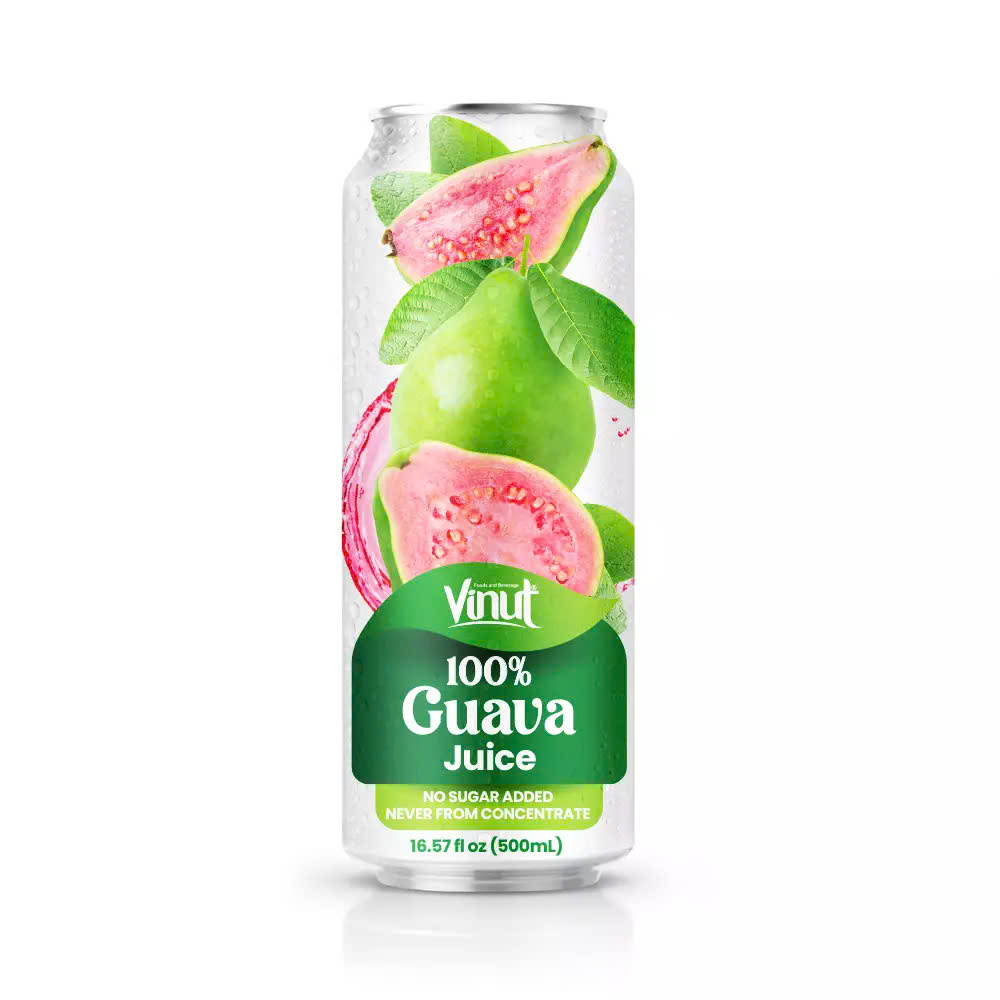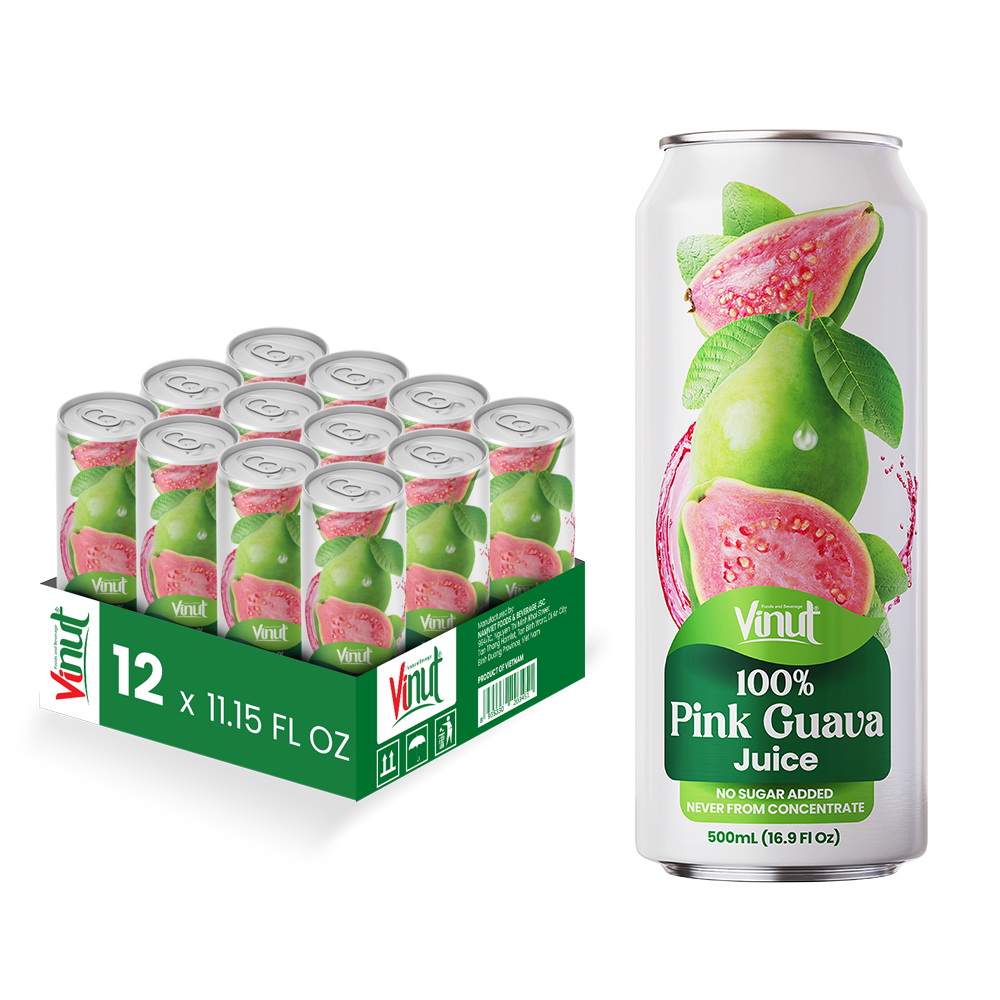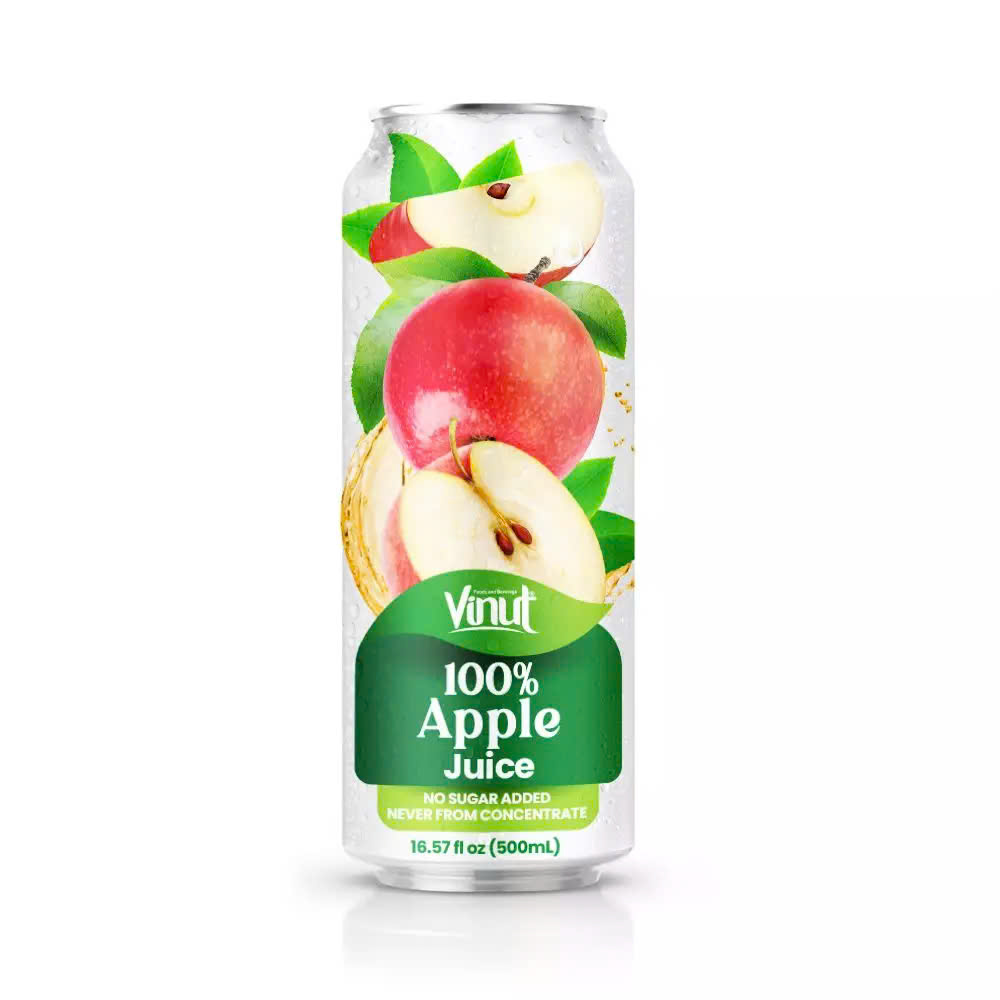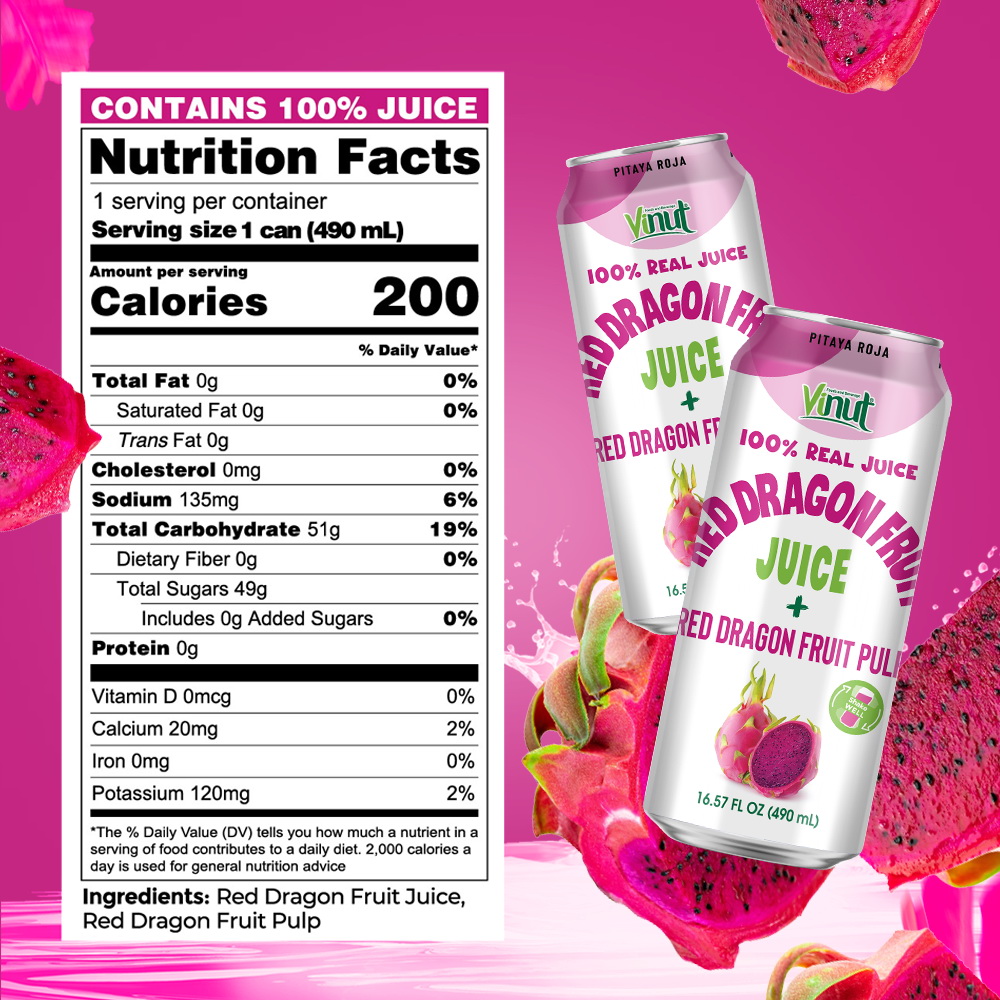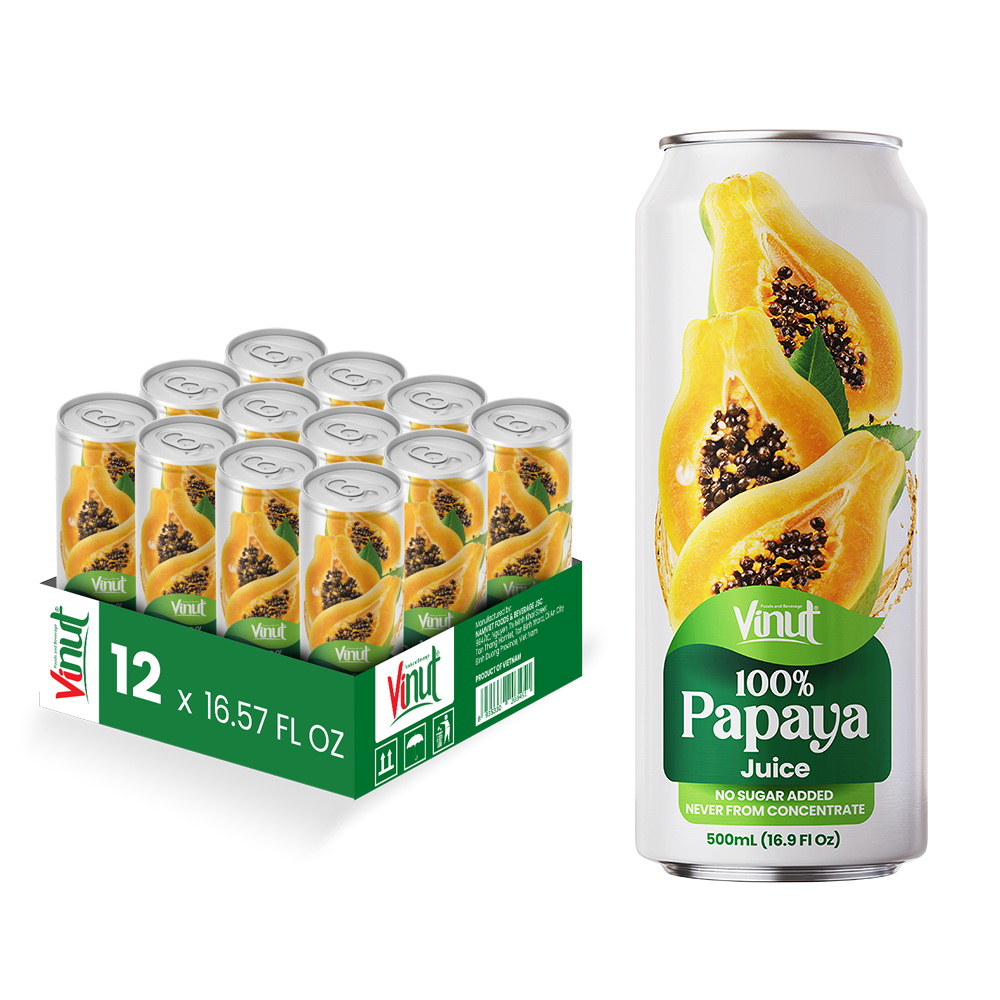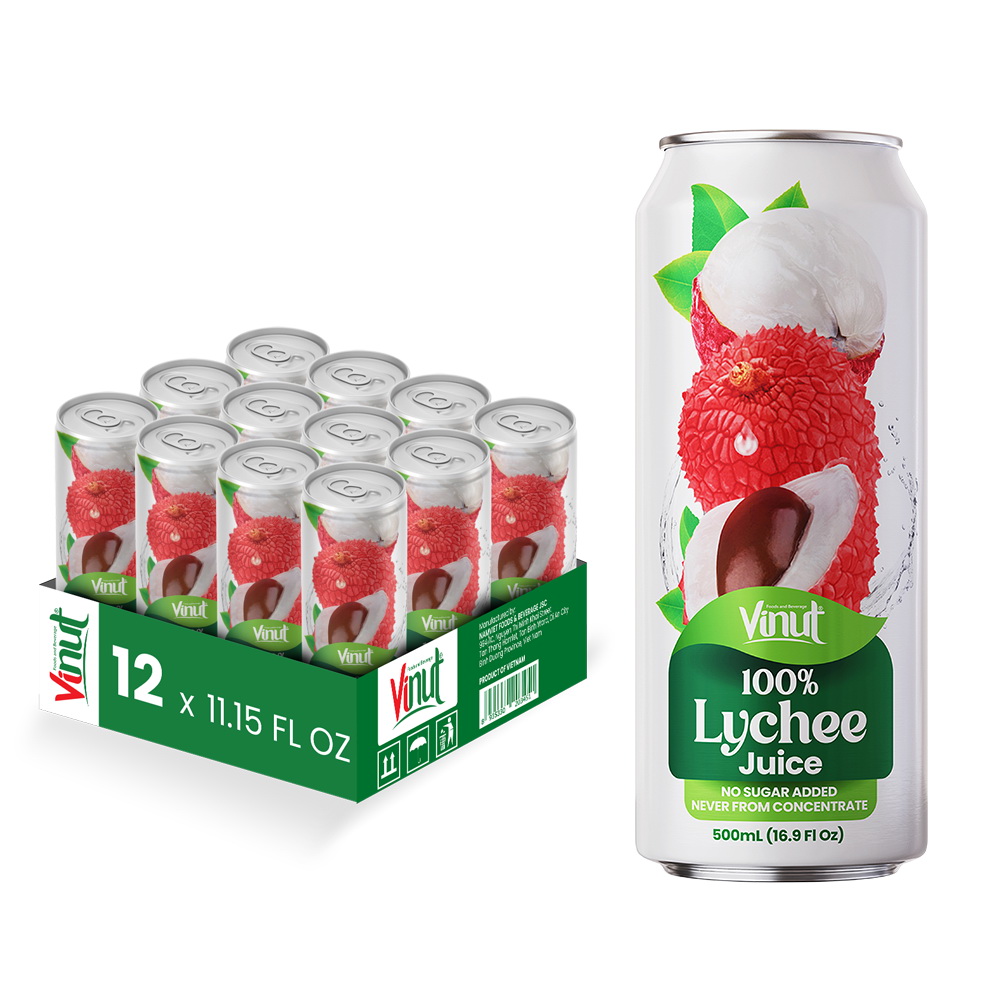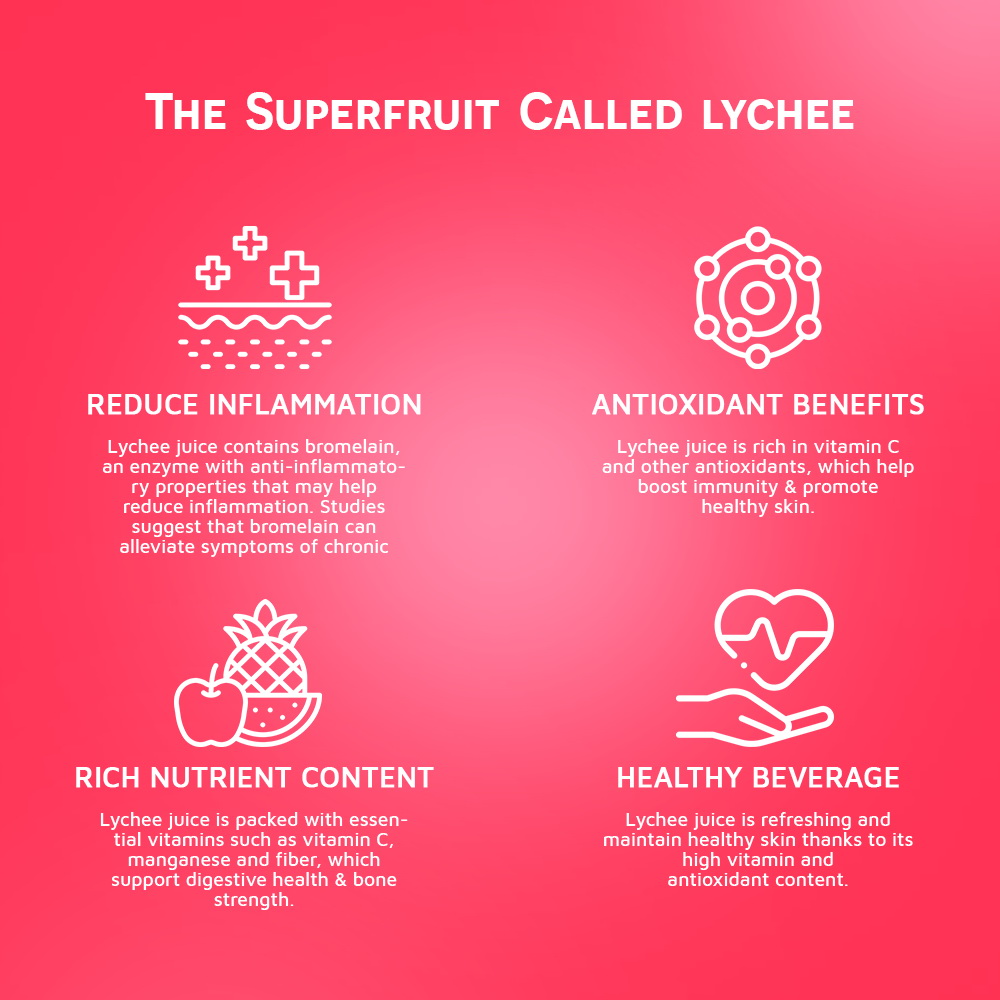
BLOG
The Benefits of Orange Juice and Its Food Pairing Restrictions

1. Nutritional Profile of Orange Juice

Before we dive into the benefits and potential food pairing restrictions, let’s examine the nutritional composition of orange juice. A standard serving (8 ounces) of orange juice typically contains:
- Calories: 110
- Protein: 2 grams
- Fat: 0 grams
- Carbohydrates: 26 grams
- Sugars: 21 grams
- Vitamin C: 124 milligrams (about 138% of the Daily Value)
- Folate: 30 micrograms (about 8% of the Daily Value)
- Potassium: 496 milligrams (about 14% of the Daily Value)
- Calcium: 27 milligrams (about 2% of the Daily Value)
This nutrient-rich profile highlights why orange juice is often recommended as part of a balanced diet.
2. Health Benefits of Orange Juice
1. Immune System Support
One of the most celebrated benefits of orange juice is its high vitamin C content. Vitamin C, also known as ascorbic acid, plays a crucial role in supporting the immune system. It helps stimulate the production of white blood cells, which are essential for fighting off infections and diseases. Additionally, vitamin C acts as a powerful antioxidant, protecting cells from damage caused by free radicals.
2. Antioxidant Properties
Orange juice is rich in antioxidants, including flavonoids and carotenoids. These compounds help neutralize harmful free radicals in the body, reducing oxidative stress and lowering the risk of chronic diseases. The antioxidant properties of orange juice contribute to overall health and well-being, potentially reducing the risk of conditions such as heart disease and certain types of cancer.
3. Heart Health
The potassium content in orange juice is beneficial for cardiovascular health. Potassium helps regulate blood pressure by balancing sodium levels in the body. Additionally, the flavonoids found in orange juice, particularly hesperidin, have been shown to improve blood vessel function and reduce inflammation, which can contribute to heart health.
4. Digestive Health
Orange juice contains dietary fiber, which aids in digestion and promotes regular bowel movements. Fiber helps prevent constipation and supports a healthy digestive system. Additionally, the natural acidity of orange juice can stimulate the production of digestive enzymes, further enhancing digestive health.
5. Skin Health
The vitamin C in orange juice is essential for collagen synthesis, which is vital for maintaining healthy skin. Collagen helps keep the skin firm and elastic, reducing the appearance of wrinkles and promoting a youthful complexion. Regular consumption of orange juice can contribute to healthier, more radiant skin.
6. Bone Health
Many orange juice varieties are fortified with calcium, which is crucial for maintaining strong bones and teeth. Calcium, along with vitamin D (often added to orange juice), supports bone density and reduces the risk of osteoporosis. This makes orange juice a valuable addition to a diet focused on bone health.
3. Food Pairing Considerations for Orange Juice

While orange juice offers numerous health benefits, it’s important to consider how it interacts with other foods. Certain food pairings can affect the absorption of nutrients and overall health outcomes. Here are some key points to keep in mind:
1. Calcium Absorption
Orange juice is often fortified with calcium, but the absorption of this calcium can be affected by other dietary factors. Consuming orange juice with foods high in oxalates (such as spinach and rhubarb) can inhibit calcium absorption. To maximize the benefits of calcium-fortified orange juice, it’s best to avoid consuming it with high-oxalate foods in the same meal.
2. Iron Absorption
Vitamin C enhances the absorption of non-heme iron (the type of iron found in plant-based foods). Therefore, pairing orange juice with iron-rich plant foods, such as legumes, tofu, and fortified cereals, can improve iron absorption. However, if you’re consuming orange juice with meals that include high amounts of calcium, the calcium may compete with iron for absorption.
3. Protein Digestion
Orange juice, being acidic, can affect the digestion of proteins when consumed in large quantities. The acid can interact with proteins in a way that might impact their digestion. For optimal protein digestion, consider consuming orange juice separately from large protein-rich meals or balancing it with a variety of foods.
4. Acidic Foods
If you have a sensitive stomach or suffer from acid reflux, consuming orange juice with other acidic foods might exacerbate symptoms. Acidic foods and beverages can irritate the lining of the stomach and esophagus, leading to discomfort. To minimize discomfort, avoid pairing orange juice with other highly acidic foods and beverages.
4. Maximizing the Benefits of Orange Juice
To fully enjoy the health benefits of orange juice while avoiding potential drawbacks, consider the following tips:
1. Choose 100% Orange Juice
Opt for 100% pure orange juice with no added sugars or artificial ingredients. This ensures that you’re getting the most natural and nutritious product. Be cautious of beverages labeled as “orange drink” or “orange-flavored beverage,” as these often contain added sugars and preservatives.
2. Monitor Portion Sizes
While orange juice is nutritious, it is also relatively high in natural sugars. Moderation is key to avoiding excessive calorie and sugar intake. A serving size of 8 ounces per day is generally recommended to reap the benefits without overconsuming calories.
3. Balance with a Healthy Diet
Incorporate orange juice as part of a balanced diet that includes a variety of fruits, vegetables, whole grains, lean proteins, and healthy fats. This approach ensures that you receive a wide range of nutrients and minimizes any negative interactions with other foods.
4. Consider Timing
If you’re consuming orange juice for its vitamin C benefits, consider drinking it with meals that include iron-rich foods to enhance iron absorption. Conversely, avoid drinking orange juice with meals high in calcium if you want to maximize calcium absorption from the beverage.
Conclusion
Orange juice is a delightful and nutritious beverage that offers a range of health benefits, from boosting immune function to supporting heart and skin health. By understanding its nutritional profile and being mindful of food pairings, you can maximize its positive effects while avoiding potential interactions that might diminish its benefits.
Remember, while orange juice can be a valuable part of a healthy diet, balance and moderation are essential. Incorporate it thoughtfully alongside a diverse range of foods to enjoy its full spectrum of health benefits without any adverse effects.





